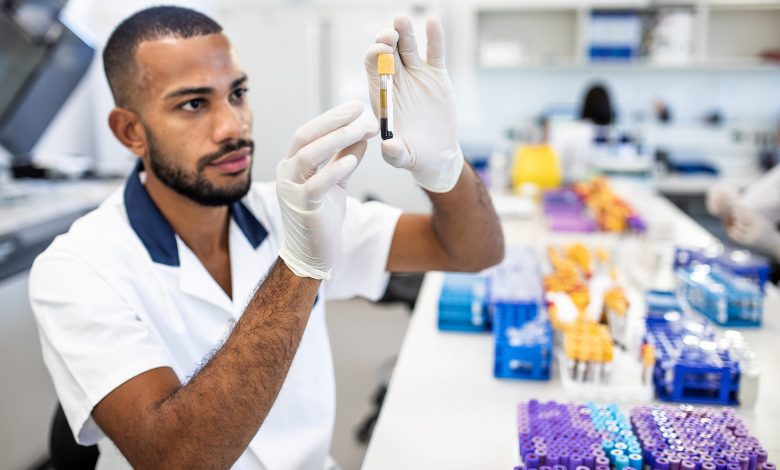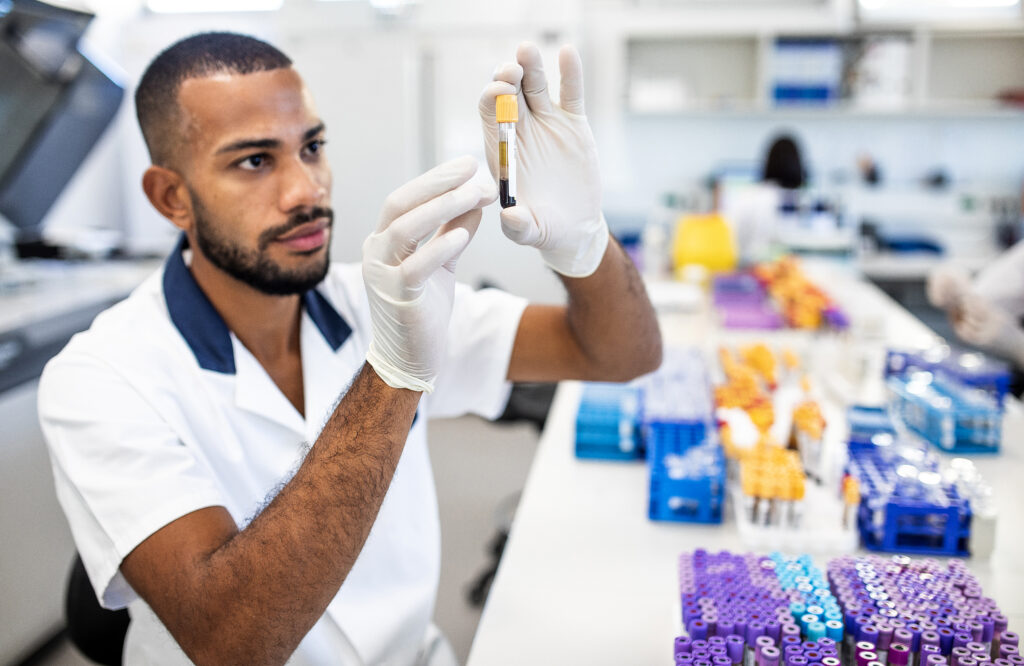This Clinical Trial Wants to Test Less Toxic Treatments for Blood Cancers – BlackDoctor.org


The National Institutes of Health (NIH) has launched a new clinical trial to revolutionize the treatment of acute myeloid leukemia (AML) and myelodysplastic syndromes (MDS). The myeloMATCH trial is all about finding the perfect treatment for each patient’s unique cancer.
In this trial, doctors will analyze each patient’s cancer cells to identify their specific genetic mutations. Then, they’ll match the patient to a treatment that targets those mutations. This personalized approach could lead to more effective and less toxic treatments like chemo.
Black Americans face a disproportionate burden of blood cancers, including multiple myeloma, a disease that affects the bone marrow and leads to the overproduction of abnormal plasma cells. This disparity is attributed to a complex interplay of factors, such as socioeconomic inequalities, limited access to healthcare, and historical biases in medical research.
One of the biggest challenges in blood cancer research is the lack of diversity in clinical trials. Black Americans, in particular, are often underrepresented. The myeloMATCH trial is committed to changing that by making the trial available to patients in communities across the country.
By including a diverse group of patients, researchers can learn more about how different genetic mutations affect treatment outcomes in different populations. This will help them develop treatments that work better for everyone.
The myeloMATCH trial is part of a larger effort by the NIH to find more personalized cancer treatments. By conducting these trials, they’re bringing cutting-edge science to patients where they live and ensuring that everyone can benefit from the latest research.
Overall, the myeloMATCH trial offers hope for a new era of blood cancer treatment. By targeting the specific genetic mutations in each patient’s cancer, doctors may be able to develop more effective and personalized therapies.
Click here to learn more about how to join this study.




